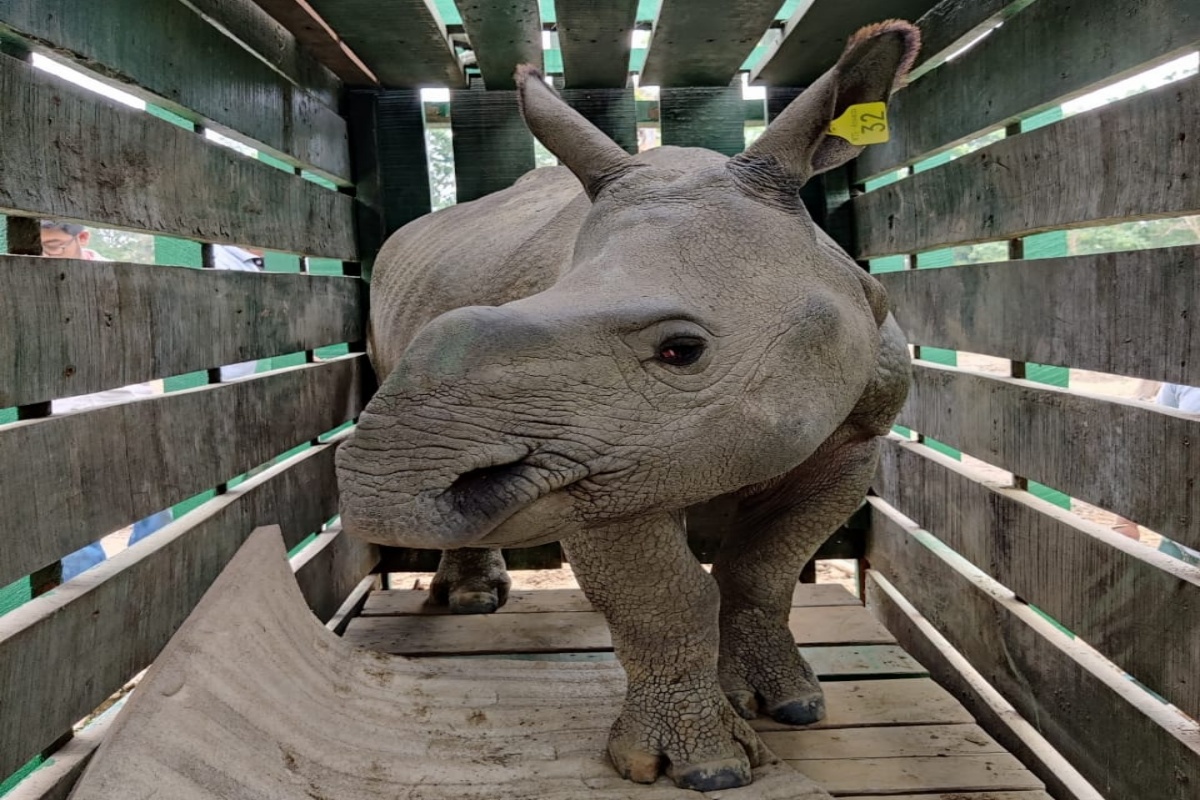Uncovering trekking trails around Istanbul
If you're planning a business or city trip to İstanbul, include a few extra days for a beautiful outdoor adventure.
Under the Rhino Rehabilitation Project, five rhinos were brought to Dudhwa in 1984 from the Pobitora Wildlife Sanctuary in Assam which is home to two-thirds of the world’s one-horned rhinos.

Representation image (Picture: IANS)
It is celebration time in the Dudhwa Tiger Reserve (DTR), where two rhinos have given birth for the first time to a calf each earlier this week.
With this, the small herd of three cows and a bull, has increased to six rhinos.
The parent rhinos had been relocated to the Belrayan range in 2018. This was a part of a larger plan to repopulate Dudhwa with the Indian single-horned rhino that once roamed the floodplains of the Ganga.
Advertisement
Under the Rhino Rehabilitation Project, five rhinos were brought to Dudhwa in 1984 from the Pobitora Wildlife Sanctuary in Assam which is home to two-thirds of the world’s one-horned rhinos.
Another four were added from Nepal the following year.
In 2018, it was decided to translocate four rhinos to Belrayan range to give more space to this pachyderm listed as vulnerable in the International Union for Conservation of Nature (IUCN) Red list and protected under schedule-1 of the Wildlife (Protection) Act, 1972.
According to the 2020 census, Dudhwa now has a total of 42 one-horned species.
Field director Sanjay Pathak, said, “Tigers are a threat to rhino calves but fortunately, there are not many tigers in the Belrayan range and it is a wide area. We are monitoring the movement of the rhinos and patrolling has also been increased to reduce any threat from outsiders.”
Rhinos play an important role in the ecosystem as they are the umbrella species and their absence directly impacts the survival of other mammals, fish, insects and birds. When they run, they flatten the grasslands, making it easier for smaller mammals to walk. They also help in pollination of seeds through their dung and enrich the soil as well.
Advertisement